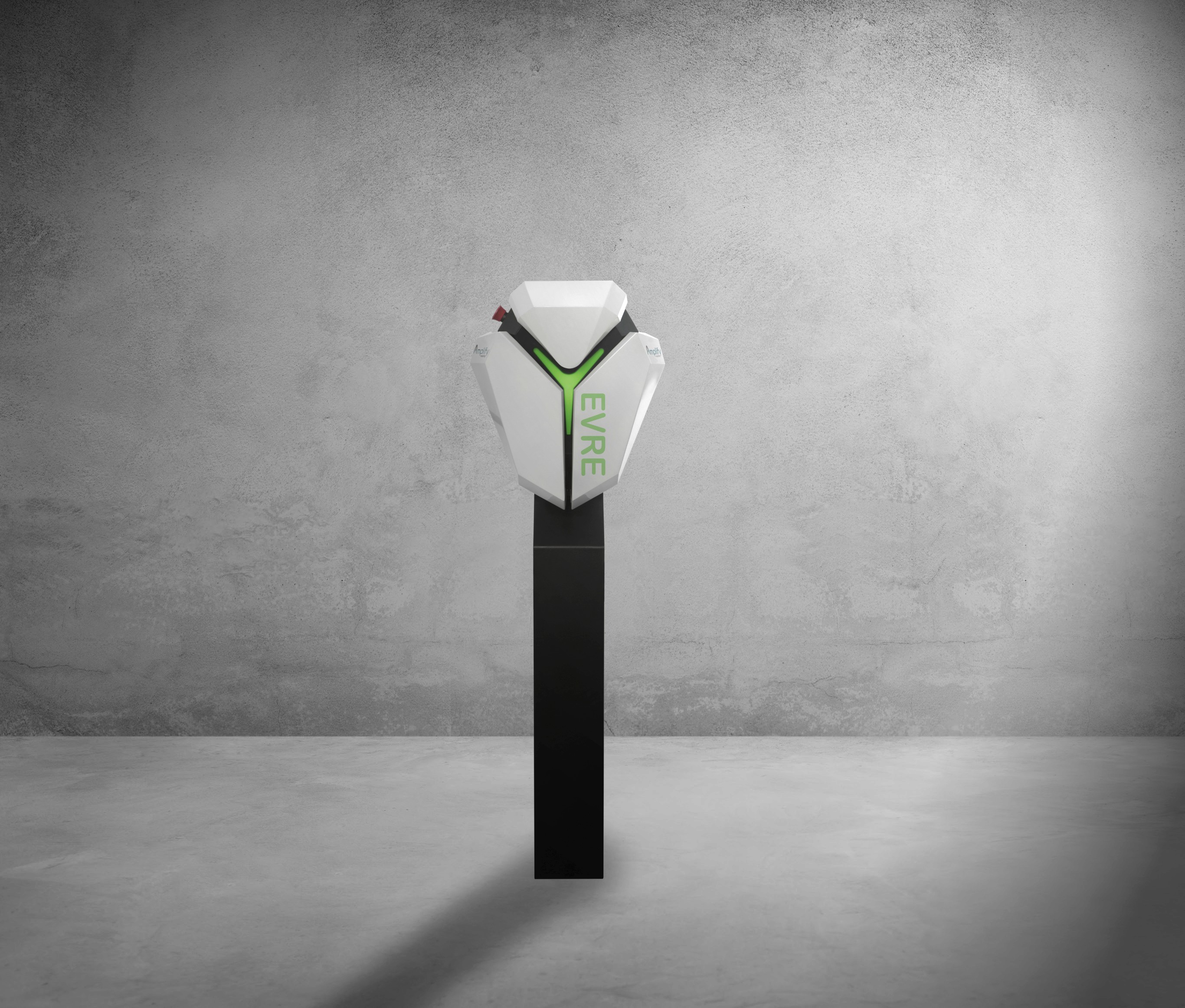Sep 5, 2024
Move Over, ICE Vehicles - It’s Time for EVs to Take The Stage!
Krishna Karthik
You might not have driven one yet, let alone seriously contemplating purchasing one. But we must tell you - we are in the middle of the biggest automotive revolution after 1913 when Henry Ford’s first production line started rolling.
Our automotive industry is the fifth-largest globally and is all set to be the third-largest by the end of this decade. With such a huge market to cater to, reliance on fuel-intensive mobility will no longer be a sustainable approach. To address this, the people responsible for making policies are developing a mobility option that is Shared, Connected, and Electric - which is geared towards improving the adoption of EVs in Indian markets.
One obvious reason behind such overenthusiasm towards moving to EVs is the number of environmental benefits they provide, and you already know about that. But that’s not it.
It is estimated that almost 75-80% of the expenses incurred on fuel are eliminated by using EVs. Compared to the other ICEVs, EVs have 70% fewer movable parts, leading to much lesser maintenance expenses. Further, the Government of India is proactively rolling out incentives and tax relaxations to encourage the transition to EV - which means all the more monetary benefits. EVs also help the nation with the BoP (Balance of Payment) deficit. In 2019-20 itself, India had to import 120 Bn Dollars worth of crude oil. This can be drastically reduced by switching to EVs.
Okay, so that explains why the GoI is inclined towards inviting more people to EVs, but one question remains - is the transition from ICEVs to EVs (or from no vehicle to EVs - in case you’re on your first purchase!) worth it?
TL;DR: Yes. Most certainly. It is way more than just worth it, and it’s only going to get better in the coming days. For a slightly longer answer, keep reading!
An electric future awaits
Automotive companies from all around the world have keen eyes on the Indian markets. With Tesla, the world’s largest EV manufacturer, coming to the Indian automotive spectrum, it is more than safe to say that India has got a new lease for becoming a potential future hub for EVs.
So, if you’re looking to purchase a vehicle in 2021, you must explore the EV options for you and pick the best one. We don’t say it without any reasons - there are enough reasons to support the claim that the future is indeed electric; some include:
Slashed operational costs : EVs operate at overall lower costs than ICEVs. EVs trump ICEVs in all these scenarios, from maintenance to running costs to fuel prices, and that too by sufficient margin. For instance, consider Hyundai Kona. The vehicle delivers approximately 300 to 350 km in a single charge, which amounts to the running cost of less than a rupee per km. How amazing is that! -Enjoy GoI’s incentives and schemes: GoI’s incentives make the EV purchase cheaper - depending on the state you’re residing in. Faster Adoption and Manufacturing of Hybrid and Electric vehicles scheme offers the following incentives based on the battery capacity of the EV:
For two-wheelers: Rs. 15k per kWh of battery capacity, up to 40 percent of the vehicle cost.
For four-wheelers: Rs 10k per kWh of battery capacity, up to Rs 1.5 lakh.
For two-wheelers: Rs. 15k per kWh of battery capacity, up to 40 percent of the vehicle cost. -- For four-wheelers: Rs 10k per kWh of battery capacity, up to Rs 1.5 lakh -Stay charged and ready-to-go:While it’s true that currently, the charging capabilities for e-mobility is a problematic area, there is a lot that has been done in the last couple of years, and a lot is to come. Delhi recently legalized EV stations for charging electric rickshaws with the idea that more and more private players and civic agencies would step forward with higher incentives. Further, NTPC has commissioned its first - EV charging station in Visakhapatnam. It is an in-house station that has the bandwidth to charge three EVs simultaneously. Also, almost all the EVs come with personal chargers and enough battery capacity to last them for over 400kms with just an overnight charge. So even with the current lack of e-mobility infrastructure, this mileage is workable. The good news, though, is that it will soon get better with the rise of EV charging stations! -Cut down on excess materials, improve safety measures: - Apart from efficiency and convenience, safety is another factor that works in favor of EVs. EVs operate by reducing a lot of vehicle mass and providing protection against short-circuiting or any hazards using high-quality materials which can withstand physical and chemical degradation. As a result, unlike ICEVs, EVs are less likely to deteriorate quickly over time, giving you a greater value for money. Further, since ICEVs tend to degrade over time progressively, their resale value also diminishes quickly. This is likely to change with EVs as the components - both physical and chemical - being used are long-lasting and sustainable.
Many stylish, efficient, and safe EVs will grace the Indian roads in 2021 and beyond. If you are looking to purchase a vehicle this year - your choice should be pretty simple. The future is electric, and it’s only a matter of time before you, too, become a part of this revolution!

